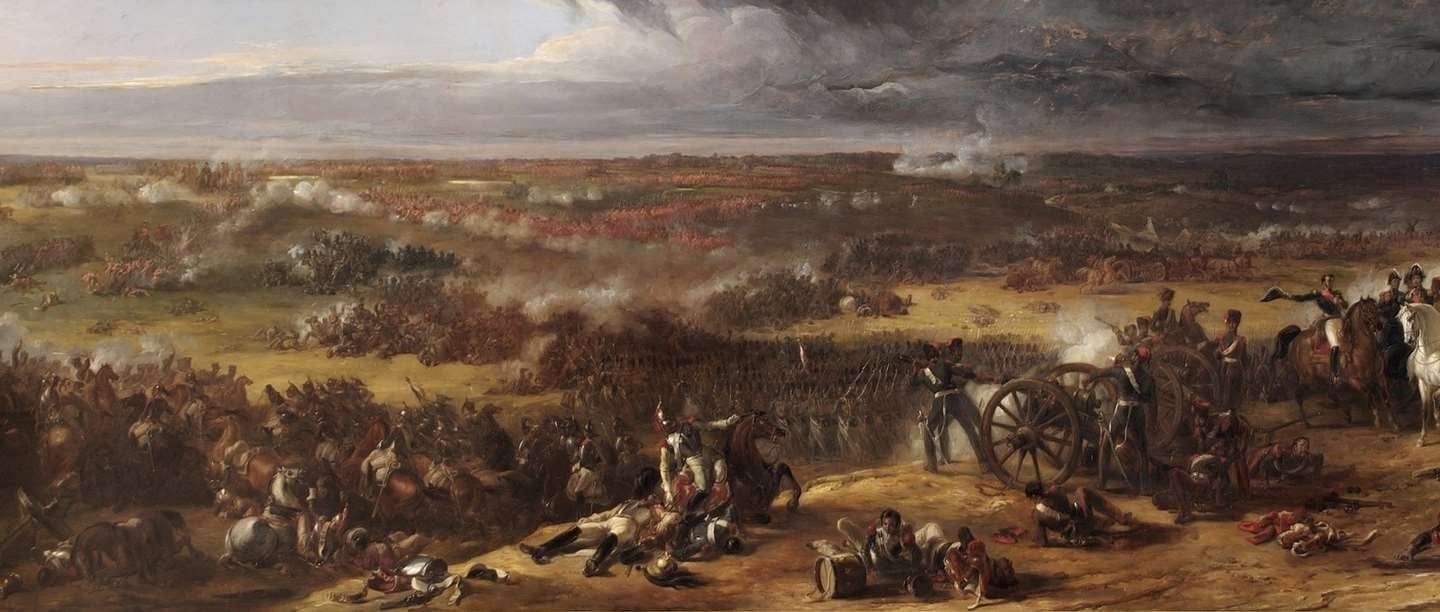1. William The Conqueror Defeats Harold At The Battle of Hastings - 1066
Arguably the most famous date in English history, most people can link the year of 1066 with the Battle of Hastings. Whether or not King Harold really was killed by an arrow in the eye, England was transformed by the events on the battlefield in East Sussex that day. William's victory at Hastings earned him the nickname 'the Conqueror' - he was crowned by Christmas and Norman influence swept across the country.
2. The Sealing Of Magna Carta - 1215
The fame of Magna Carta, or 'Great Charter', lies not in its impact, which was actually relatively small, but its legacy. Forced on King John by his barons in an attempt to limit his power, the initial charter was swiftly annulled. Reissued by his son after his death, its idea lived on and today it is seen as an example of the principles of law, human rights and justice.
3. The Plague (Black Death) Arrives in England - 1346
It is difficult to imagine the terror that must have struck the people in England as the Black Death swept across the country. Well over a quarter of the population are believed to have died, devastating villages and towns. The plague had profound impact on society - leading to relative peace for a time and providing wage rises to surviving peasants - paving the way to the Peasants Revolt and helping to end serfdom.
4. Wars Of The Roses Begins - 1455
Less than one hundred years after the Black Death, England was again uprooted by dramatic upheaval - this time man-made. The Wars of the Roses, fought between the two powerful houses of York and Lancaster, pitted families against each other. After the removal of King Henry VI, the country faced three decades of rebellion and plotting. This was only ended when Henry Tudor defeated Richard III at the Battle of Bosworth in 1485, which marked the beginning of the age of the Tudors.
5. William Shakespeare Is Born - 1564
Over 1,000 words in the English language are used today because of William Shakespeare, and phrases from his plays are still commonly used in daily conversation. It's not just his language that was important - he was the great entertainer of his day, writing for everyday people in a time when theatre was the popular entertainment for all. Elizabeth I may have been queen for much of his life, but it was Shakespeare who wrote much of the history.
6. Guy Fawkes and The Gunpowder Plot Are Discovered - 1605
An attempt by Catholic plotters to assassinate King James I, the Gunpowder Plot may have succeeded if it were not for a late warning by an anonymous letter. The plot is remembered by the rhyme 'remember, remember, the 5th November', and we still mark the day it was discovered with bonfires and fireworks today.
7. The Battle of Waterloo - 1815
The Battle of Waterloo was the final clash after years of war between European nations and French emperor Napoleon Bonaparte. The allied forces led by the Duke of Wellington - who descibred the battle as 'a damned close-run thing' - defeated Napoleon's imperial amibitions. This led to peace in Europe for years to come and helped to end centuries of conflict between England and France.
8. Queen Victoria Becomes Queen - 1837
Relatively few English kings or queens define their age, but the Victorian times are known to all of us. Queen for over 60 years, Victoria's reign saw huge changes transforming Britain. Industrial revolution, cultural and scientific discoveries all helped to change the way of life for people across the world, many through direct links with the growth of the British Empire. At its heart sat Victoria, symbol for the people over who she ruled.
9. V-E Day Marks The End Of Second World War - 1945
The two World Wars shattered peace in Europe, and for the first time everyday people were affected by aerial warfare. Britain faced heavy losses, air raids, rationing and other hardships during the long years of war. When the Allies accepted Germany's unconditional surrender in May 1945 it was marked by cheering crowds and street celebrations across the country.
10. Tim Berners-Lee Invents The World Wide Web (Internet) - 1989
Few inventions have changed our lives as much as the internet. When Tim Berners-Lee proposed a new information management system at CERN in 1989, it was difficult to imagine the impact it would have, connecting the world and sharing information in a way never done before
21st Century Bayeux Tapestry
As part of English Heritage's 1066: Year of the Normans campaign, much-loved children's author and illustrator Liz Pichon will create a kids-sourced 21st century version of the Bayeux Tapestry, inspired by these top historical moments. Liz's 21st century take on the Bayeux Tapestry will be revealed in the summer and kids will have the chance to submit their own illustrations to complete the tenth and final panel. Liz will also be leading children's illustration workshops at English Heritage sites across the country this summer. Keep an eye on our website over the following months to find out how to get involved!
